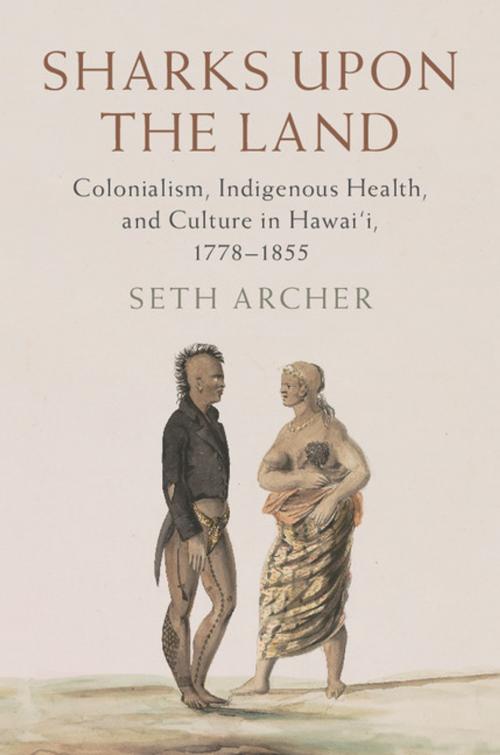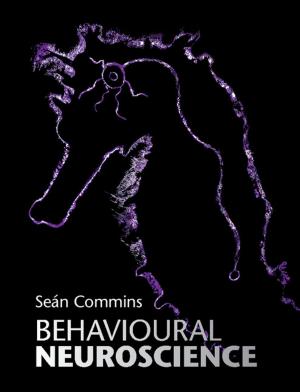Sharks upon the Land
Colonialism, Indigenous Health, and Culture in Hawai'i, 1778–1855
Nonfiction, History, Americas, Native American, Health & Well Being, Medical| Author: | Seth Archer | ISBN: | 9781316800645 |
| Publisher: | Cambridge University Press | Publication: | April 30, 2018 |
| Imprint: | Cambridge University Press | Language: | English |
| Author: | Seth Archer |
| ISBN: | 9781316800645 |
| Publisher: | Cambridge University Press |
| Publication: | April 30, 2018 |
| Imprint: | Cambridge University Press |
| Language: | English |
Historian Seth Archer traces the cultural impact of disease and health problems in the Hawaiian Islands from the arrival of Europeans to 1855. Colonialism in Hawaiʻi began with epidemiological incursions, and Archer argues that health remained the national crisis of the islands for more than a century. Introduced diseases resulted in reduced life spans, rising infertility and infant mortality, and persistent poor health for generations of Islanders, leaving a deep imprint on Hawaiian culture and national consciousness. Scholars have noted the role of epidemics in the depopulation of Hawaiʻi and broader Oceania, yet few have considered the interplay between colonialism, health, and culture - including Native religion, medicine, and gender. This study emphasizes Islanders' own ideas about, and responses to, health challenges on the local level. Ultimately, Hawaiʻi provides a case study for health and culture change among Indigenous populations across the Americas and the Pacific.
Historian Seth Archer traces the cultural impact of disease and health problems in the Hawaiian Islands from the arrival of Europeans to 1855. Colonialism in Hawaiʻi began with epidemiological incursions, and Archer argues that health remained the national crisis of the islands for more than a century. Introduced diseases resulted in reduced life spans, rising infertility and infant mortality, and persistent poor health for generations of Islanders, leaving a deep imprint on Hawaiian culture and national consciousness. Scholars have noted the role of epidemics in the depopulation of Hawaiʻi and broader Oceania, yet few have considered the interplay between colonialism, health, and culture - including Native religion, medicine, and gender. This study emphasizes Islanders' own ideas about, and responses to, health challenges on the local level. Ultimately, Hawaiʻi provides a case study for health and culture change among Indigenous populations across the Americas and the Pacific.















